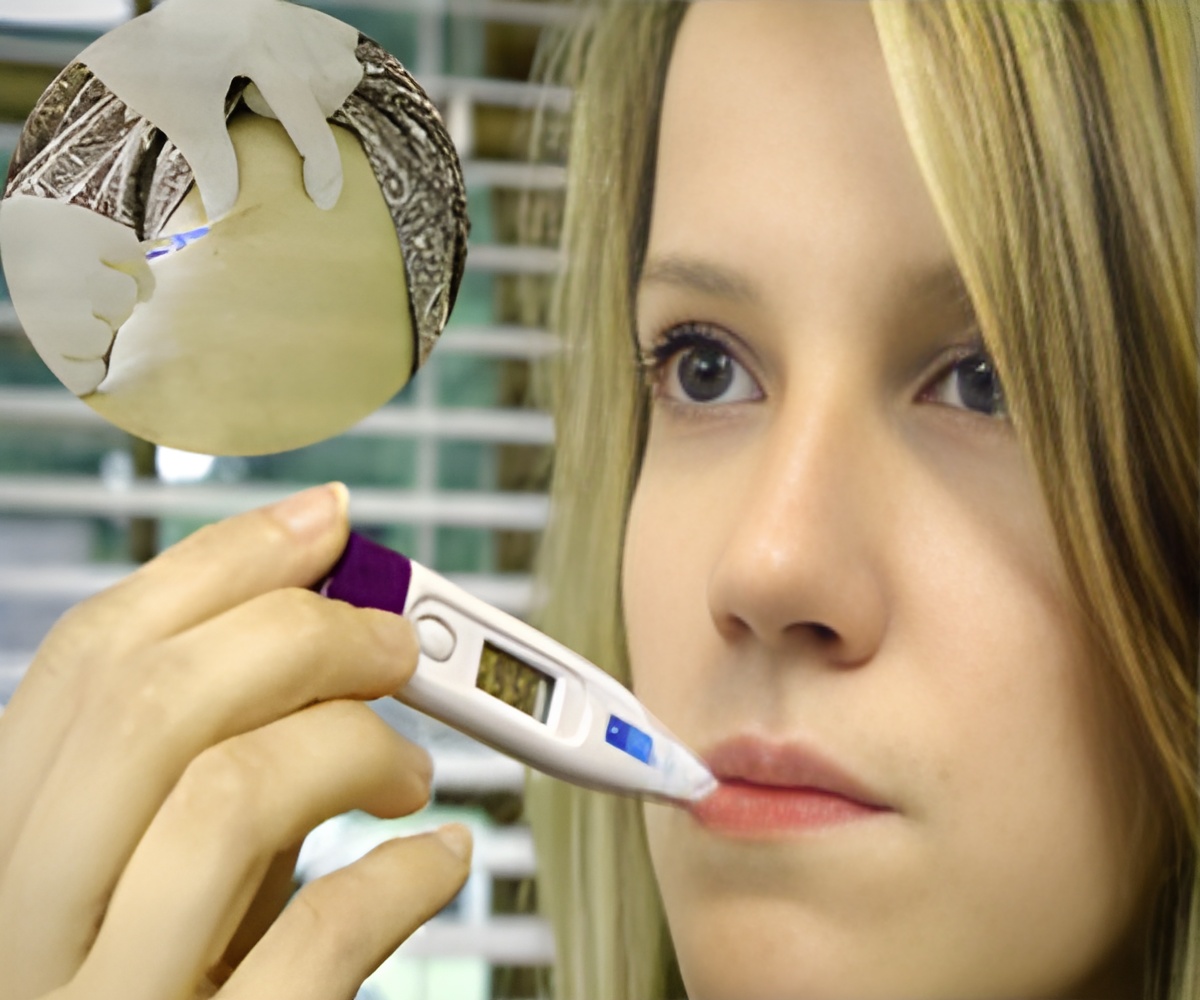
The research provides a rare glimpse at the genetic changes that cause behaviors to evolve, explained first author Carolyn "Lindy" McBride, an assistant professor in Princeton University's Department of Ecology and Evolutionary Biology and the Princeton Neuroscience Institute who conducted the work as a postdoctoral researcher at the Rockefeller University. Uncovering the genetic basis of changes in behavior can help us understand the neural pathways that carry out that behavior, McBride said.
The research also could help in developing better ways to stem the yellow fever mosquito's appetite for humans, McBride said. The yellow fever mosquito is found in tropical and subtropical areas worldwide and is the principal carrier of yellow fever, the measles-like dengue fever, and the painful infection known as chikungunya. Yellow fever annually kills tens of thousands of people worldwide, primarily in Africa, while dengue fever infects hundreds of millions. The research also suggests a possible genetic root for human preference in other mosquitoes, such as malaria mosquitoes, although that species is genetically very different from the yellow fever mosquito.
"The more we know about the genes and compounds that help mosquitoes target us, the better chance we have of manipulating their response to our odor" McBride said, adding that scent is not the only driver of mosquito behavior, but it is a predominant factor.
Source-Eurekalert














